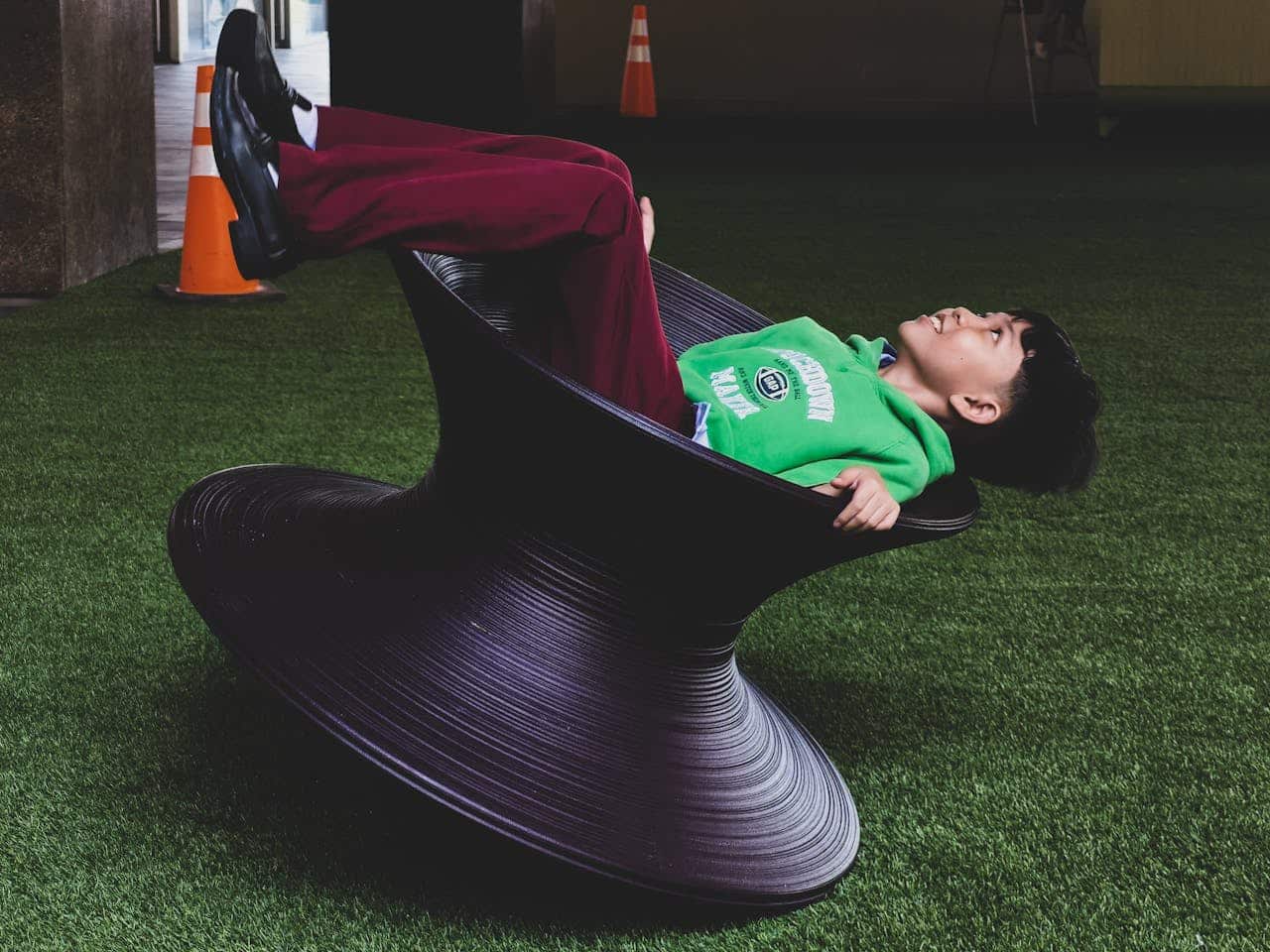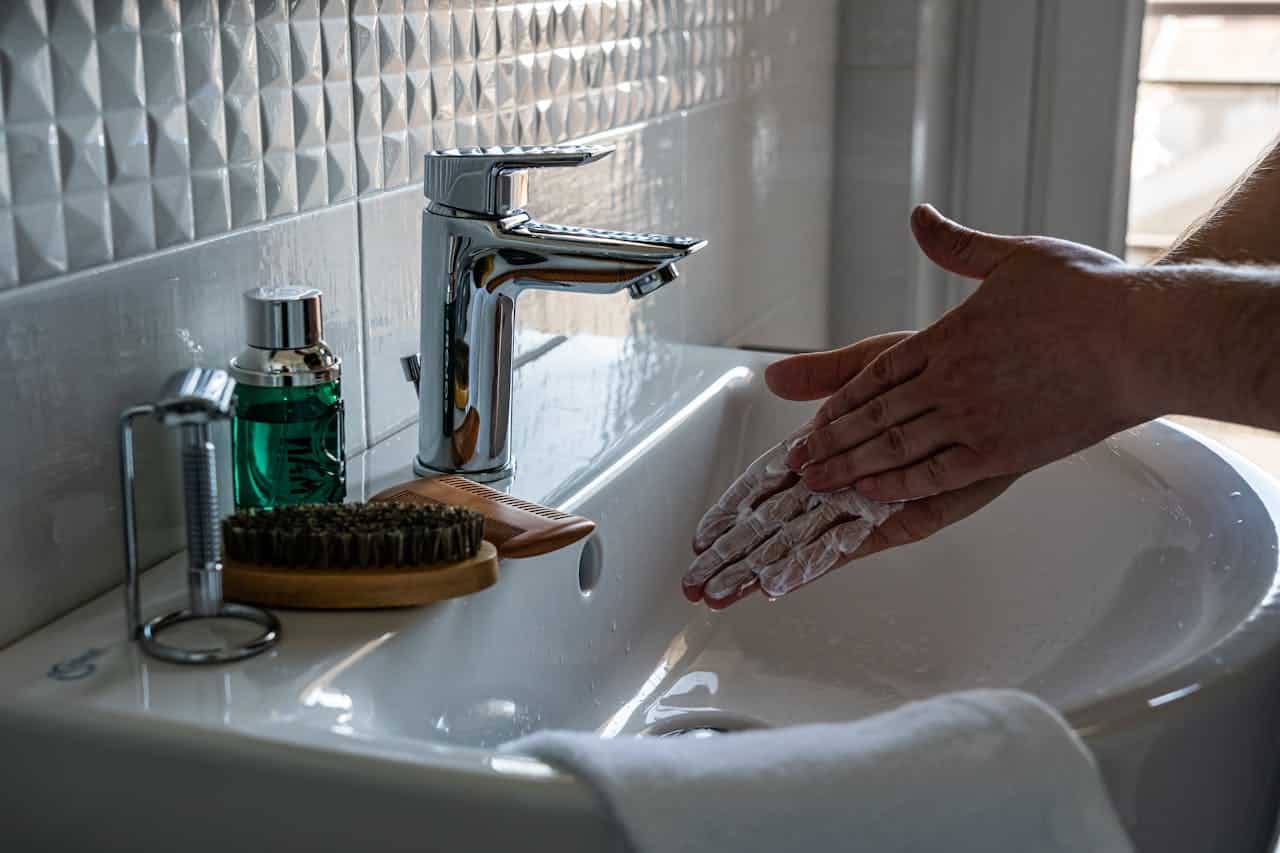As parents, we all want to see our children flourish, especially during the rollercoaster ride of adolescence. But for teenagers on the autism spectrum or those with sensory processing difficulties, this journey can feel like navigating a maze blindfolded, and developing healthy coping mechanisms becomes challenging. That’s where ABA therapy for teenagers comes in, offering a guiding light and a map to better understanding and managing sensory challenges.
Understanding ABA Therapy for Teenagers: Your Guide Through the Sensory Maze
ABA therapy, or Applied Behavior Analysis, is like a Swiss Army knife for behavior – it’s versatile, precise, and incredibly effective. While you might have heard about it for younger kids, ABA can be a game-changer for teenagers too, especially when it comes to tackling those tricky sensory issues.
ABA therapy can be used to teach independent living skills. Imagine teaching your teen to drive. At first, they might struggle with all the different controls and rules of the road. But with patience, guidance, and lots of practice, they soon become confident drivers, navigating complex traffic situations with ease. Similarly, ABA therapy helps build a toolkit for managing sensory challenges and thriving in everyday life.
Success Stories
“Move Up ABA has been a lifeline for our family. Before starting therapy, our son struggled with daily routines and communication. Now, he’s more independent and even initiated a conversation with a classmate for the first time! The progress we’ve seen in just six months is truly remarkable.”
- Emily R., Silver Spring, Accountant
“As a single dad, I was overwhelmed trying to manage my child’s behavior. The Move Up ABA team not only provided amazing support for my little girl but also taught me practical strategies to use at home. Their in-home sessions fit perfectly with our busy schedule. I’m so grateful for their patience and expertise.”
- Michael T., Rockville, Middle School Teacher
“We were hesitant about starting ABA therapy, but Move Up ABA’s approach put us at ease from day one. Our twins have made incredible strides in their social skills and self-regulation. The therapists are like extended family now, and we couldn’t be happier with our decision to work with them.”
- Aisha and James L., Simpson, Police Officers
The Unique Sensory World of Teens with Autism: It’s Not Just a Phase
Remember when your teen insisted on wearing the same shirt for a week straight? Or when they couldn’t focus in class because the fluorescent lights were “too loud”? For teens with autism, these aren’t just quirks or phases – they’re real sensory challenges that can make everyday activities feel like climbing Mount Everest.
Understanding these challenges is the first step. Next, let’s explore how ABA therapy can make a real difference in your teen’s life.
How ABA Therapy Services Can Help: Your Teen’s Personal Sensory Trainer
Think of ABA therapy services as hiring a personal trainer for your teen’s brain. Just like a fitness coach breaks down complex exercises into manageable steps, ABA therapists work closely with teenagers to develop coping strategies and build important skills. It’s not about changing who your teen is – it’s about giving them the tools to navigate their world more comfortably.
The Role of Sensory Processing in Teenage Development: More Than Just Growing Pains

Adolescence brings growth spurts, mood swings, and… sensory overload? For teens with sensory processing issues, the typical teenage challenges can feel amplified to eleven. It’s like trying to study for a test while a rock concert is happening in your head.
Of course, if you want to make absolutely sure that your teen is having these issues, you can consult with an expert for a sensory processing disorder test.
To better understand what your teen might be experiencing, let’s break down some common sensory challenges.
Common Sensory Challenges in Teens with Autism: The Invisible Hurdles
Here are some of the sensory hurdles your teen might be facing:
Hypersensitivity to sounds: That background chatter in the cafeteria? It might sound like a jet engine to your teen.
Difficulty with bright or fluorescent lighting: School hallways can feel like walking on the surface of the sun.
Aversion to certain textures in clothing or food: That itchy tag isn’t just annoying – it might be unbearable.
Struggles with personal space and physical touch: A friendly pat on the back could feel like a shock to the system.
Challenges with balance and spatial awareness: Navigating a crowded hallway might feel like an obstacle course.
Now that we’ve identified these challenges, you might be wondering, “What can we do about it?” That’s where ABA therapy techniques come in handy.
ABA Therapy Techniques for Sensory Challenges: Your Teen’s Sensory Toolbox
Let’s peek into the ABA therapy for teenagers toolbox and see what techniques we’ve got:
Gradual Exposure and Desensitization: Baby Steps to Big Victories
Creating Sensory-Friendly Environments: Home Sweet (Sensory) Home
Teaching Self-Regulation Skills: The Art of Keeping Cool
Enhancing Communication Skills and Social Interactions: Speaking the Language of Sensory Needs
Positive Reinforcement: Encouraging Desired Behaviors
These techniques form the foundation of ABA therapy, but how do we ensure they’re tailored to your teen’s unique needs? That’s where individualized treatment plans come in.
The Importance of Individualized Treatment Plans: One Size Doesn’t Fit All
Just like you wouldn’t expect your teenagers to wear their toddler clothes, we don’t use a one-size-fits-all approach in ABA therapy, whether center-based or home-based. Every teenager is unique, and so are their sensory challenges. That’s why we tailor each treatment plan to fit your teen’s specific needs and goals.
A key component of these individualized plans is addressing problematic behaviors. ABA therapy helps identify the root causes of these behaviors and develops strategies to manage them effectively.
Developing Adaptive Skills Through ABA Therapy: Life Skills Boot Camp
ABA therapy for teenagers isn’t just about managing sensory issues – it’s about equipping your teen with the skills they need to thrive in daily life. Think of it as a life skills boot camp, but with more fun and fewer pushups.
Improving Social Skills: Cracking the Social Code
For many teens with sensory challenges, social situations can feel like trying to read a book in a foreign language. ABA therapy helps decode those tricky social cues and develop strategies for successful interactions and emotional regulation, even in sensory-challenging environments.
Enhancing Independent Living Skills: Adulting 101

From personal hygiene to time management, ABA therapy helps teens build the skills they need for increased independence.
It’s like a crash course in “adulting,” tailored to your teen’s unique needs and challenges.
The Role of Family Involvement in ABA Therapy: It Takes a Village
Family involvement is a cornerstone of successful ABA therapy. Parents and siblings play a crucial role in reinforcing positive behaviors and implementing strategies to address problematic behaviors learned during therapy sessions.
The Power of Positive Reinforcement
One of the most effective tools in ABA therapy is positive reinforcement. By consistently rewarding desired behaviors, we can encourage their repetition and help your teen develop new, positive habits. This approach is particularly effective in managing sensory challenges and improving social interactions.
Measuring Progress in ABA Therapy: Celebrating Every Step
One of the coolest things about ABA therapy is its focus on measurable progress. It’s not just about gut feelings – we’ve got the data to back it up! We track improvements in both desired behaviors and reductions in problematic behaviors, allowing us to adjust the treatment plan as needed.
Overcoming Challenges in ABA Therapy for Teenagers: Keeping It Real
Let’s face it – therapy isn’t always sunshine and rainbows. There will be challenges along the way. Your teen might resist therapy or struggle with consistency. But remember, every great story has a few plot twists!
The Long-Term Impact of ABA Therapy for Teenagers: Planting Seeds for the Future
ABA therapy isn’t just about getting through today – it’s about setting your teen up for long-term success.
Starting ABA Therapy: Your Next Steps on This Journey

If you’re considering ABA therapy for your teenager, here’s what you can expect:
Initial assessment and evaluation: Getting to know your teen and their unique needs.
Development of an individualized treatment plan: Crafting a roadmap for success.
Regular therapy sessions: The real work begins!
Ongoing progress monitoring and plan adjustments: Keeping things on track.
Family training and support: Because you’re part of the team too!
Conclusion: ABA Therapy for Teenagers – Your Partner in Navigating the Sensory Storm
As we’ve explored, ABA therapy offers a comprehensive approach to addressing the sensory challenges faced by teenagers on the autism spectrum. By focusing on developing important skills, teaching healthy coping mechanisms, and improving communication, ABA therapy can significantly enhance your teen’s quality of life.
At Move Up ABA, we understand the unique needs of teenagers with autism spectrum disorder. Our experienced ABA therapists are dedicated to working closely with teens and their families, providing individualized treatment plans that address sensory challenges while supporting overall development.
Remember, it’s never too late to start ABA therapy. Whether you’re considering early intervention or looking for support for your teenager, we’re here to help. Reach out to Move Up ABA today, and let’s work together to unlock your teen’s full potential. With the right support, your teen can develop the skills and confidence to thrive in daily life and beyond!
400 E Pratt St, Floor 8 Baltimore , Maryland 21202, United States
Questions?
Email Us: intake@moveupaba.com
Call Us: (410) 469-1090





